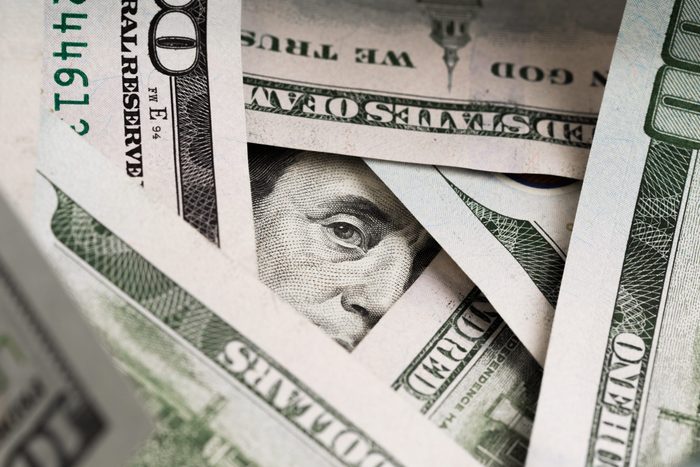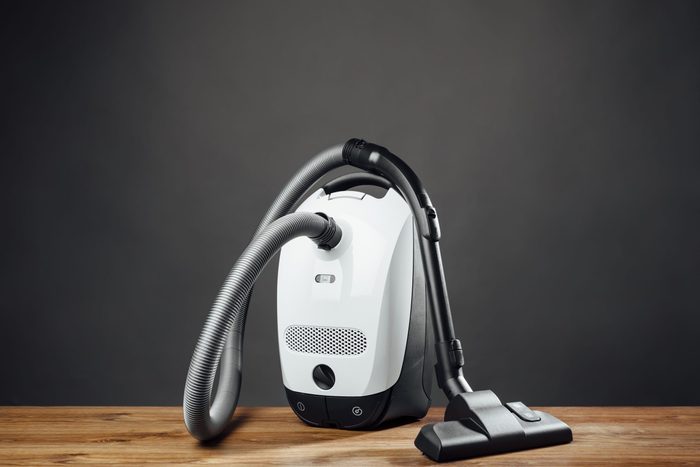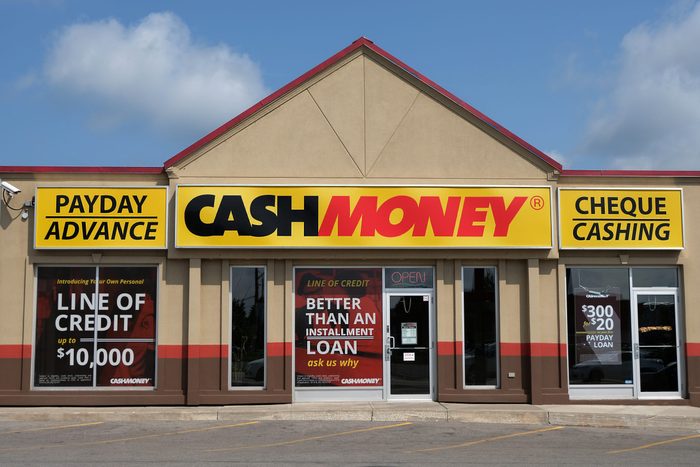
Steer clear of scams
We all know the old mantra about things that seem too good to be true. So it follows that if you encounter a “deal” or opportunity that feels suspiciously hard to believe, you are wise to be skeptical. Many consumers end up losing money when they fall for deals that turn out to be scams—or at least, end up costing way more than they expect. It pays to be a savvy consumer, so always be sure to do your research and read the fine print. You’ll also want to educate yourself about the main forms of online scams and how to avoid them.

Prizes that come at a cost
Who doesn’t love winning a prize? It can be thrilling to get a notice in the mail that you’ve won a contest or scored big in a sweepstake. Then, in your excitement, you might fail to consider whether you’ve even entered this contest in the first place. Phony “winning notification” notices often come with a catch, usually in the form of some fee you must pay in order to claim your “prize.” This is a big red flag. Legitimate contests don’t demand money from winners, per Fraud.org. (You may end up owing money to the IRS if you’re required to report the value of the prize on your taxes, though.)

Timeshares
Timeshares are perhaps among the most notorious “opportunities” that frequently end up being a costly financial mistake. While on vacation, you get lured in with promises of a free hotel stay or another tempting prize with assurances that you just need to attend an “informational session”—no strings attached. Instead, you will be subject to a hard sell designed to wear you down until you sign on the dotted line. If you do find yourself with an unwanted timeshare you’re eager to unload, you are then vulnerable to a different type of timeshare scam: timeshare resellers. The FTC has charged operators of timeshare reseller schemes, which are becoming increasingly common as more and more people look in desperation for a way out of their timeshare obligation.

Travel discount clubs
Travel discount clubs—sometimes also known as vacation clubs—often employ aggressive sales tactics similar to those seen with timeshares and frequently target retirees. The pitch promises steep discounts and special insider deals, but customers generally get the same type of common discount offers they can easily find online for free. Florida and other states have cracked down on vacation clubs that were accused of engaging in deceptive practices and using unscrupulous sales tactics.

Car warranties from shady operators
Many of us have received letters or phone calls that often seem to imply they are from the dealer or car manufacturer, warning us that our car’s warranty is expiring or that we’re lacking some kind of important coverage. The calls are really coming from telemarketers who are selling flimsy service plans that cover almost nothing, and in many cases, these calls are just ploys to get your personal information for possible fraud or identity theft. The FCC has issued a warning alerting consumers to watch out for these car warranty scams.

Extended warranties
It seems like just about anything you can buy these days—from vacuum cleaners to video game systems—comes with an extended warranty or service/protection plan offered for an additional fee. These are big money makers for the vendors and manufacturers who offer them, partly because a relatively small number of consumers end up submitting a claim to take advantage of them. Often there are hoops to jump through, like taking the item to an authorized retailer that may not be close to your location or shipping it to a repair center. Or the extended warranty period runs out before the item is likely to break. Consumer Reports say these extended warranties are almost never worth the money.
Free trials
Places that offer free trials (or low-cost introductory offers) will assure you that you can cancel before you are charged, but often when you try, they make you jump through so many hoops that you give up in frustration. That’s what these companies are counting on. They like to make it challenging, to decrease the likelihood that you will be able to navigate the process and successfully cancel. They also know it’s likely that you’ll completely forget when the trial period ends, so you will miss your window of opportunity to avoid getting charged. This FTC infographic breaks down the anatomy of a low-cost intro scam. For freebies without strings attached, here are tips on enjoying the free samples at Costco.

Rent-to-own merchandise
You can get everything from washing machines to living room furniture on a rent-to-own basis. The lure is the opportunity to get items you need or want immediately, even if you have minimal cash on hand. In the short term, it sounds like a good deal if you have limited funds. But it will cost you big in the long run. Rent-to-own stores are counting on the fact that you won’t do the math. Because if you did, you’d see that by the time you own the item, you will have paid way more than it is worth—likely, enough to have bought the item several times over. Consumer Reports notes that the final total will often be at least twice the value of the item, and you may also incur additional charges and fees along the way. Find out the appliances that are cheaper to fix than repair.

Payday loans
Payday loans are presented as short-term loans that can tide you over until payday if you are low on cash or need to cover an unplanned expense. But many borrowers end up “rolling over” the loan, paying an additional fee to extend the loan, often repeating the cycle over and over again. The problem with payday loans is the astronomical interest rates. The Center for Responsible Lending says that on average, payday loans carry a whopping 391 percent APR (annual percentage rate). Plus, borrowers commonly incur additional fees as time goes on. Worse yet, there are now many web-based companies that provide online payday loans, making it easier for people to obtain a loan quickly without fully exploring the terms and costs involved. Keep more money in your pocket by avoiding these mistakes you may be making while trying to save.

Credit repair rip-offs
This is another type of scam that often targets people who are the most desperate—and who are already often in a financially vulnerable position. These outfits will promise to not only clean up your credit report but make negative information disappear like magic, even if it’s accurate. Some particularly brazen scammers will even claim they can create a whole new financial identity for you, complete with a new Social Security or tax identification number. The truth is if something can be removed from your credit report—such as items put there in error—you can easily take care of that yourself, without spending a dime. Federal law governs what credit repair firms can charge and how they can operate, so review these tips from Fraud.org to stay informed. Find out 11 proven ways to improve your credit score.

The purchase or paycheck overpayment
This has rapidly become one of the most common scams. The basic concept involves someone sending you a check for something they want to buy or some type of work they want you to do. They will then instruct you to send most (if not all) of that money to someone else, claiming you need to pay for equipment or cover the cost of shipping or other expenses. One version of this scam purports to be a mystery shopping assignment, where you will supposedly be testing out Western Union or another money transfer service. Turns out, the check they sent you is bogus—but by the time you find that out, you’ve already sent money to this mysterious party. Now your bank account may be drained or overdrawn, and the bank will come after you for that money. Don’t fall victim to the latest gift card scam.

